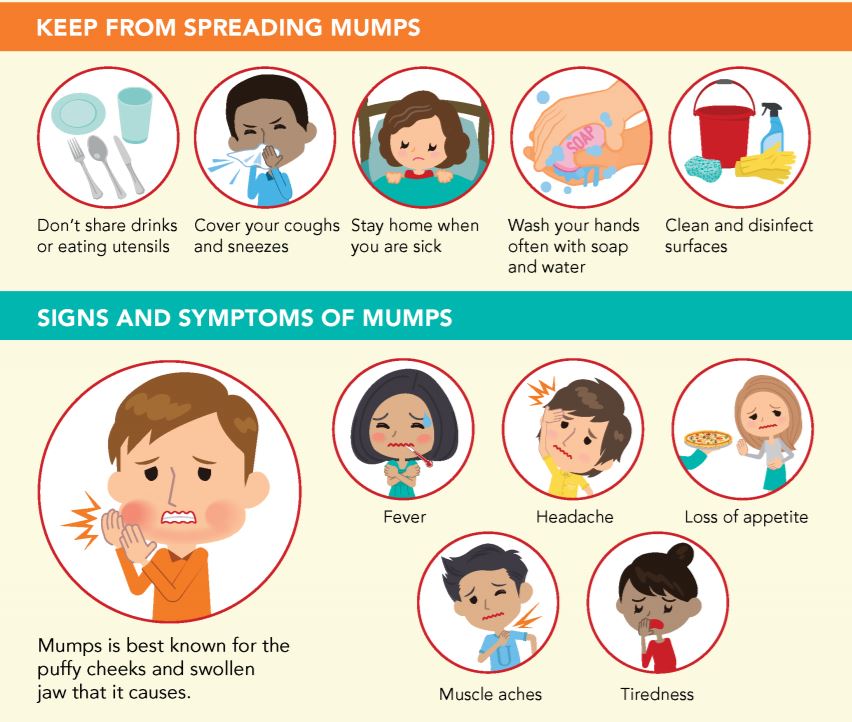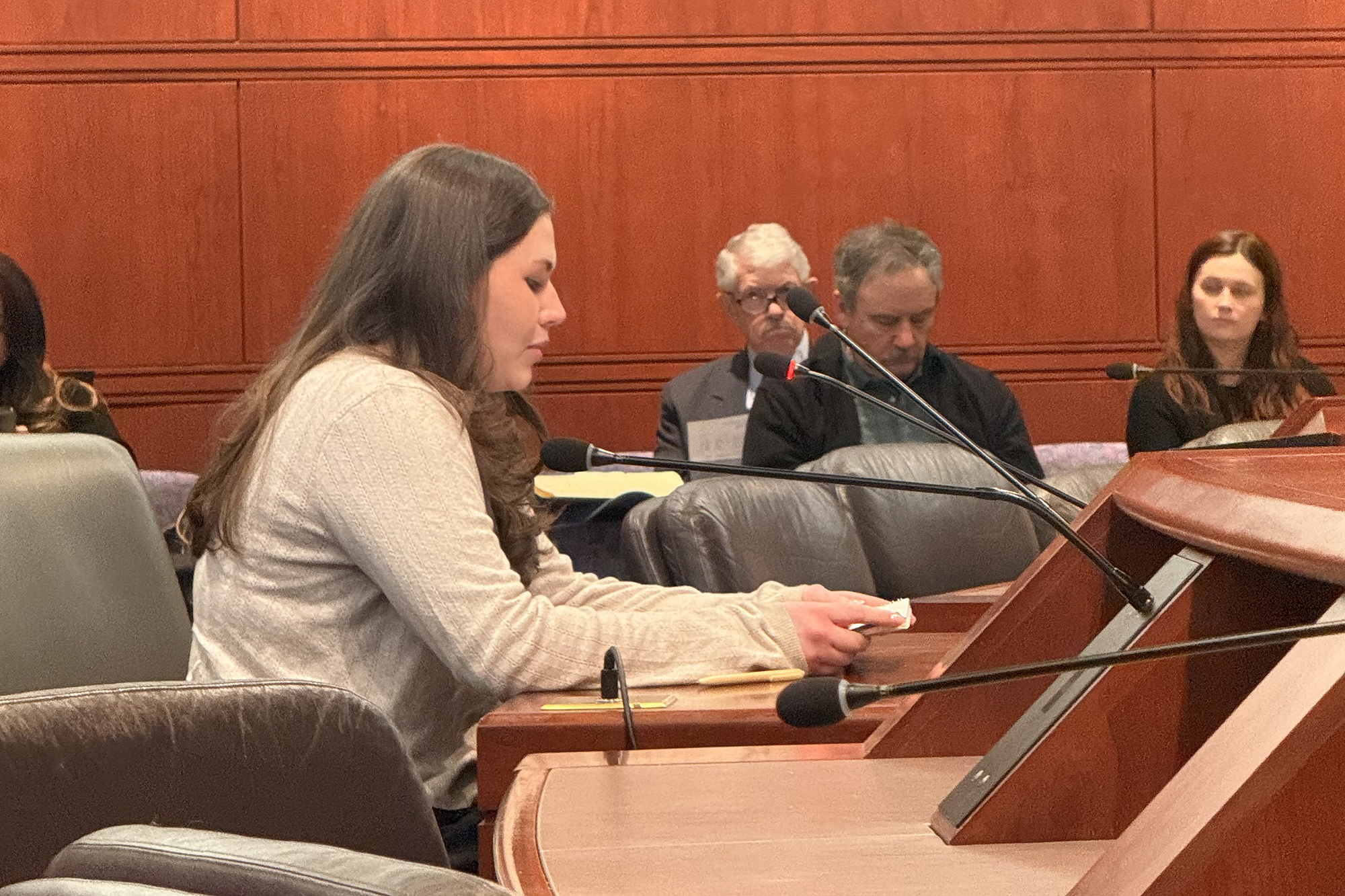Dr. David Banach, head of infection prevention and hospital epidemiologist for UConn Health’s Division of Infectious Diseases, discusses the latest information about the uptick in mumps nationwide. So far this year 42 states and the District of Columbia reported mump infections.
Q. Are we seeing an increase in mumps in Connecticut and across the nation?
A. Last year there were over 5,000 cases of mumps in the U.S. reported to the CDC, which was a significant increase over the prior five years. In Connecticut we have seen small clusters of cases, though other states have had much larger outbreaks.
Q. If so, why the uptick or outbreak – aren’t we all vaccinated as children?
A. Mumps is included in routine childhood vaccines, however, we are seeing increasing numbers of children whose parents are declining vaccination. These children are more likely to be infected and then spread infection to others. Although the rate of response to vaccine is high, it is not 100 percent, so even some people who are vaccinated may be at risk, particularly if there are large numbers of unvaccinated children in the community. Additionally, some children, including those with weakened immune systems, are not able to be vaccinated and are at risk for becoming infected.
Q. What are the mumps, its symptoms, and how is it spread?
A. Mumps is a virus that is spread though contact with saliva and droplets that can be released when an infected person coughs or sneezes. Symptoms of infection include fever, weakness, and fatigue, followed by pain or swelling of the parotid glands – the glands in the cheeks that produce saliva. Most people who are infected have mild symptoms and recover on their own. In rare cases, the virus can infect the brain and cause brain damage or deafness, and affect the ovaries and testicles, which can lead to infertility.
Q. When is the vaccine usually given?
A. Most children complete the two vaccine series by age 6, and the vaccine is effective at preventing disease. However, no vaccine is 100 percent effective, and there is a very small risk that even those where were vaccinated could become infected.
Q. Does the vaccine wear off as we age?
A. Most studies suggest that the two vaccines provide long-term immunity, likely for decades, but there may be a small percentage of people who are vaccinated who do not have long-term immunity.
Q. What can we do to avoid mumps as adults, or protect elderly people, pregnant women, and kids?
A. Vaccination is the most effective way to prevent infection. Encouraging children to receive the vaccination is the best way to reduce the number of children who can become infected and spread the virus to others. Hand washing and avoiding close contact and sharing items, such as cups and utensils, are also effective infection prevention strategies. If you do become infected with mumps, there is no treatment but you should stay home and contact your medical provider for advice on when to return to normal activities.



